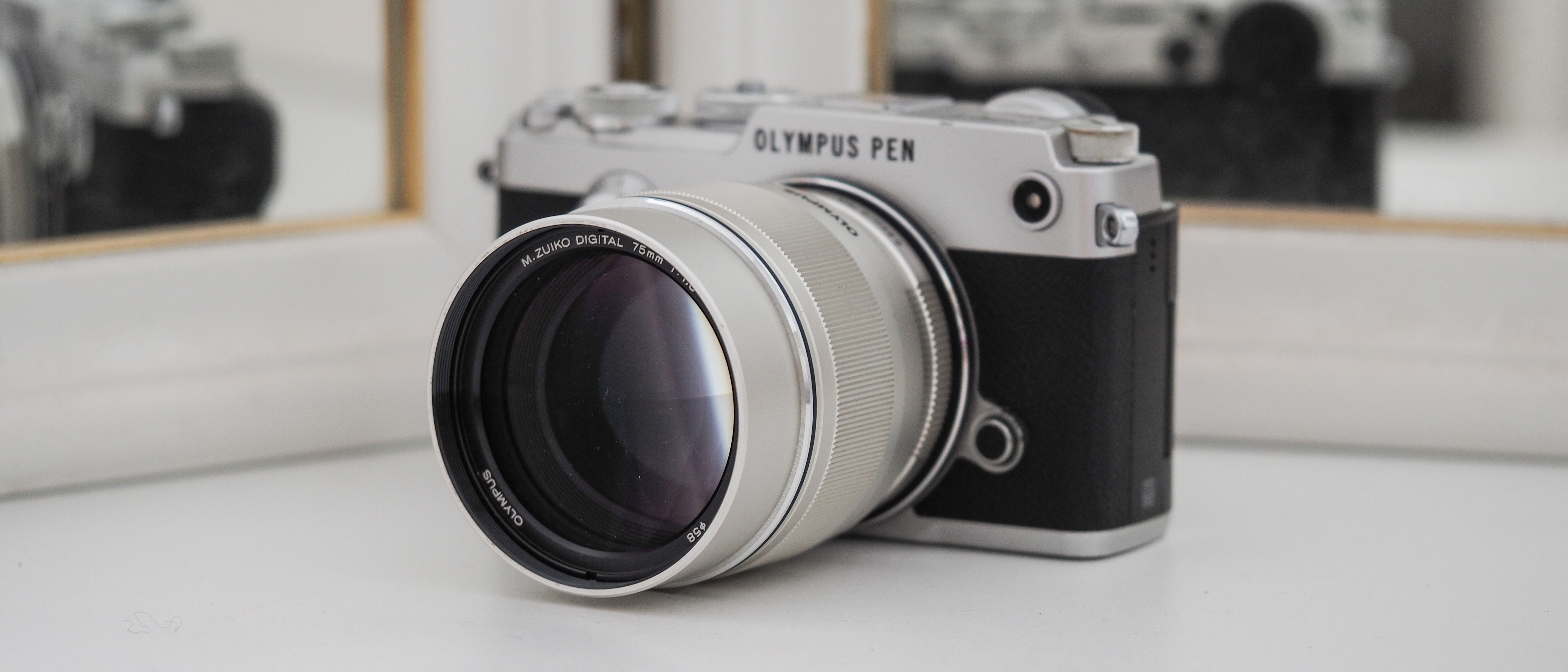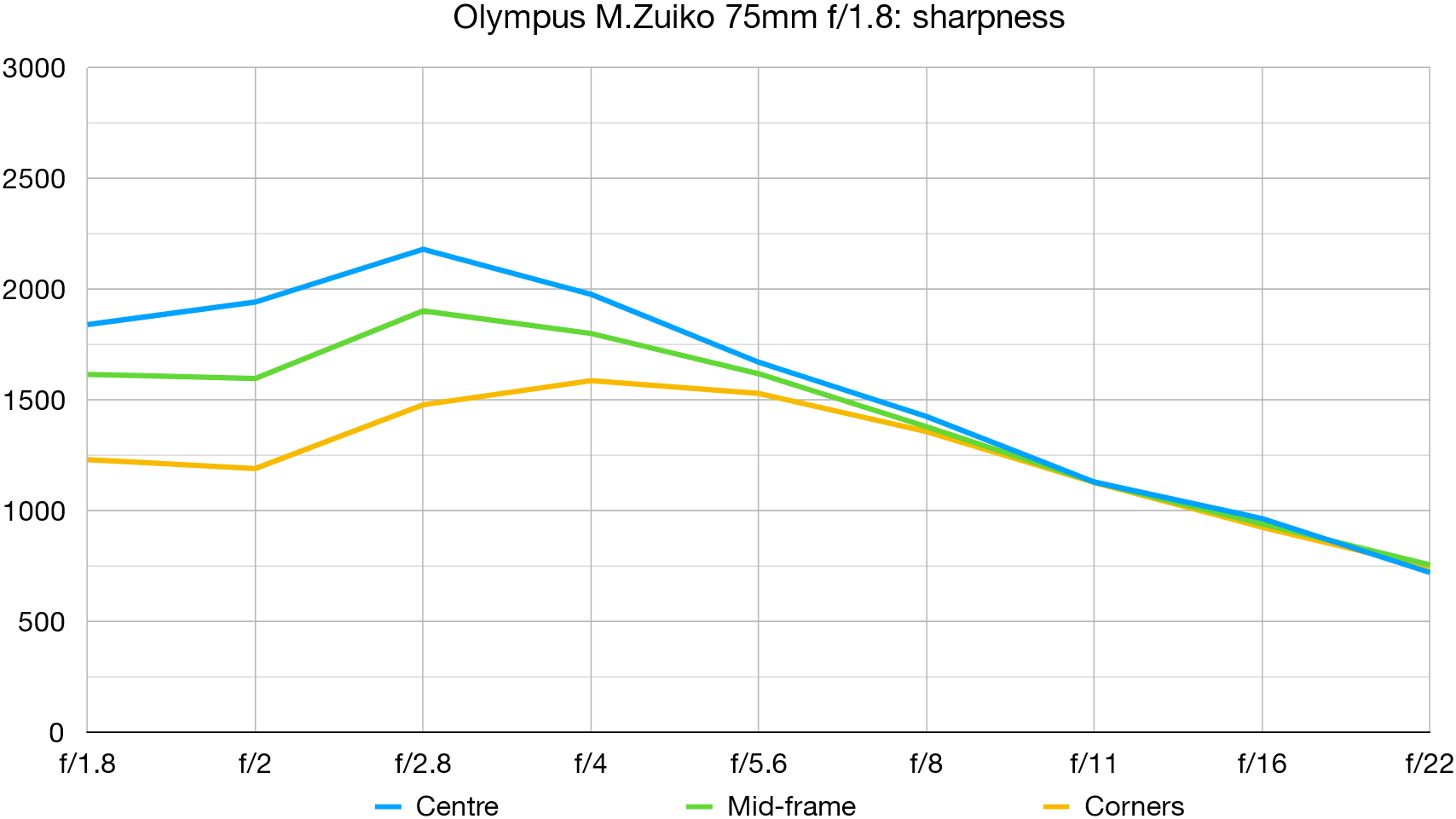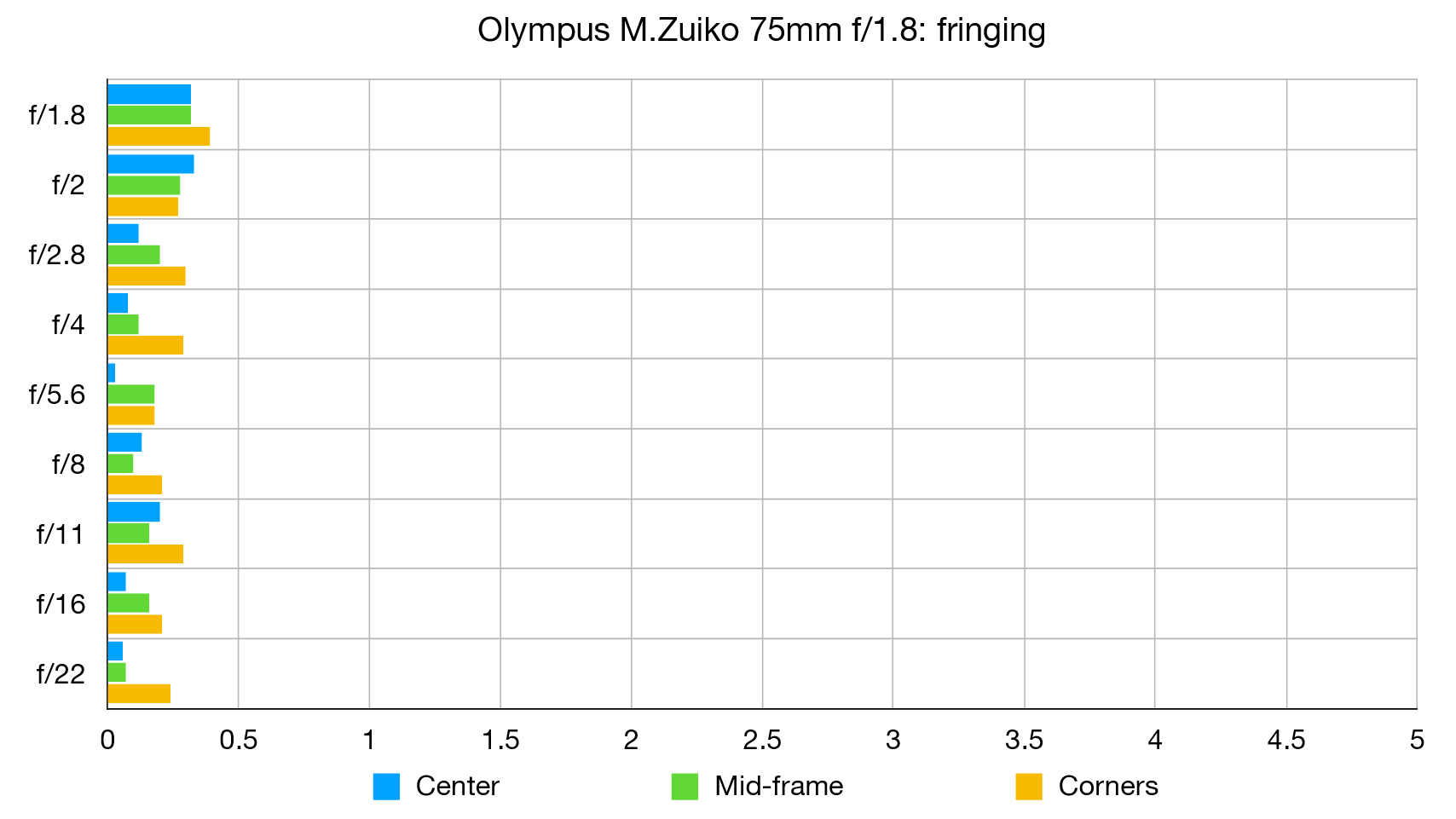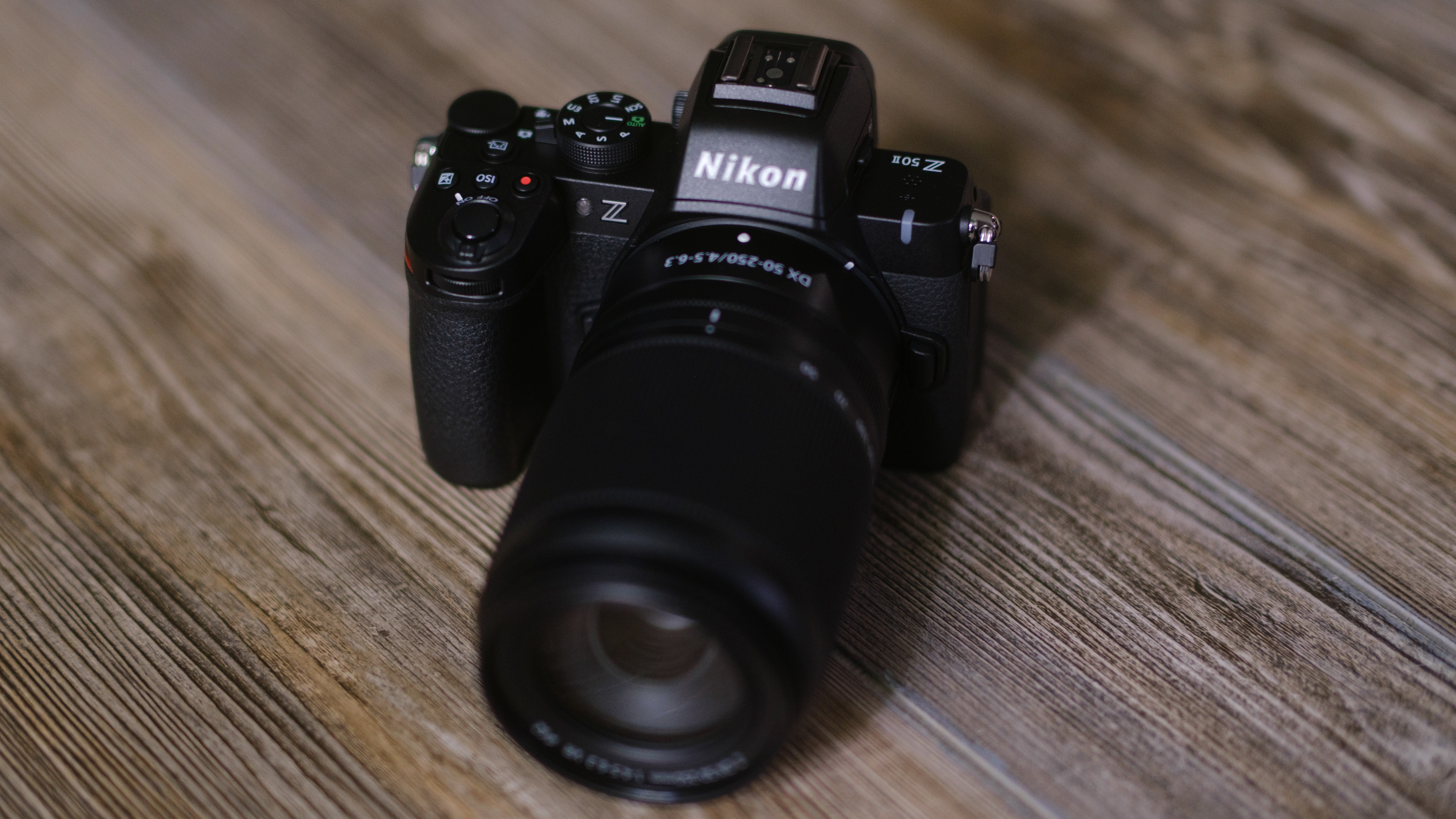Digital Camera World Verdict
The 150mm ‘effective’ focal length of this lens, combined with a fast f/1.8 aperture, make it a good choice for tight head-and-shoulders portraiture. It’s super-sharp while also delivering deliciously soft bokeh, and is wonderfully compact and lightweight. It’s certainly not an inexpensive lens but it performs really well and is good value at the price.
Pros
- +
Excellent image quality
- +
Fast, consistently accurate autofocus
- +
Compact and lightweight
Cons
- -
No optical image stabilization
- -
No AF-on/hold button
- -
Quite pricey to buy
Why you can trust Digital Camera World
The Olympus M.Zuiko 75mm f/1.8 is one of the tip-top prime lenses of the OM lens lineup, before you reach the elite tier of f/1.2 Pro primes.
Part of the M.Zuiko Premium line, the Olympus M.Zuiko 75mm f/1.8 looks a little bit like a bigger version of the Olympus M.Zuiko 25mm f/1.8, though the similar appearance belies markedly superior build quality. Similarities include being an MSC (Movie Stills Compatible) lens with clean styling and no switches, just an electronically coupled (but silky smooth with huge throw) focus ring as its only moving part.
Olympus M.Zuiko 75mm f/1.8: Specifications
Mount: Micro Four Thirds
Full-frame: No
Autofocus: Yes
Stabilization: No
Lens construction: 10 elements in 9 groups
Angle of view: 16 degrees
Diaphragm blades: 9
Minimum aperture: f/22
Minimum focusing distance: 0.84m
Maximum magnification ratio: 0.1x
Filter size: 58mm
Dimensions: 64x69mm
Weight: 305g
Olympus M.Zuiko 75mm f/1.8: Key features
Build quality feels solid and robust, even though the lens weighs a mere 305g. That’s only around half the weight of some 85mm f/1.8 lenses for full-frame cameras. It feels a very natural and well-balanced fit on Olympus PEN and OM-D bodies, while giving a useful ‘effective’ telephoto focal length, equivalent to 150mm on a full-frame camera.
With that in mind, an AF-on/hold button would have been a nice addition but it’s not featured. If you feel that 150mm is a bit of a stretch, there's also an Olympus 45mm f/1.8 that bridges the gap between the 25mm and 75mm lenses.
Additional up-market features, compared with the Olympus 25mm, include three ED (Extra-low Dispersion) glass elements, and the inclusion of nine rather than seven diaphragm blades. The latter helps to ensure a particularly well-rounded aperture.
Olympus M.Zuiko 75mm f/1.8: Performance
In most respects, performance is extremely similar to the Olympus 25mm lens. Autofocus is fast, virtually silent and consistently accurate. Sharpness is outstanding even at f/1.8, while bokeh is delightfully smooth despite the modest aperture rating. Vignetting is minimal and color fringing is negligible but, whereas the 25mm produces noticeable barrel distortion, the 75mm gives a slight touch of pincushion.
Olympus M.Zuiko 75mm f/1.8: Lab results
We run a range of lab tests under controlled conditions, using the Imatest Master testing suite. Photos of test charts are taken across the range of apertures and zooms (where available), then analyzed for sharpness, distortion and chromatic aberrations.
We use Imatest SFR (spatial frequency response) charts and analysis software to plot lens resolution at the center of the image frame, corners and mid-point distances, across the range of aperture settings and, with zoom lenses, at four different focal lengths. The tests also measure distortion and color fringing (chromatic aberration).
Sharpness:
The best camera deals, reviews, product advice, and unmissable photography news, direct to your inbox!
Levels of sharpness are not only outstanding but incredibly consistent across the entire image frame, from dead-center to the extreme edges and corners.
Fringing:
Helped partly by automatic in-camera correction, color fringing is absolutely negligible right out to the corners of the image frame.
Distortion: 0.24
There’s a slight hint of pincushion distortion but it’s generally unnoticeable in real-world images.
Olympus M.Zuiko 75mm f/1.8: Verdict
The 150mm ‘effective’ focal length of this lens, combined with a fast f/1.8 aperture, make it a good choice for tight head-and-shoulders portraiture. It’s super-sharp while also delivering deliciously soft bokeh, and is wonderfully compact and lightweight. It’s certainly not an inexpensive lens but it performs really well and is good value at the price.
Read more:
• Best camera lenses to get
• Best Canon lenses
• Best Nikon lenses
• Best Sony lenses
Matthew Richards is a photographer and journalist who has spent years using and reviewing all manner of photo gear. He is Digital Camera World's principal lens reviewer – and has tested more primes and zooms than most people have had hot dinners!
His expertise with equipment doesn’t end there, though. He is also an encyclopedia when it comes to all manner of cameras, camera holsters and bags, flashguns, tripods and heads, printers, papers and inks, and just about anything imaging-related.
In an earlier life he was a broadcast engineer at the BBC, as well as a former editor of PC Guide.









